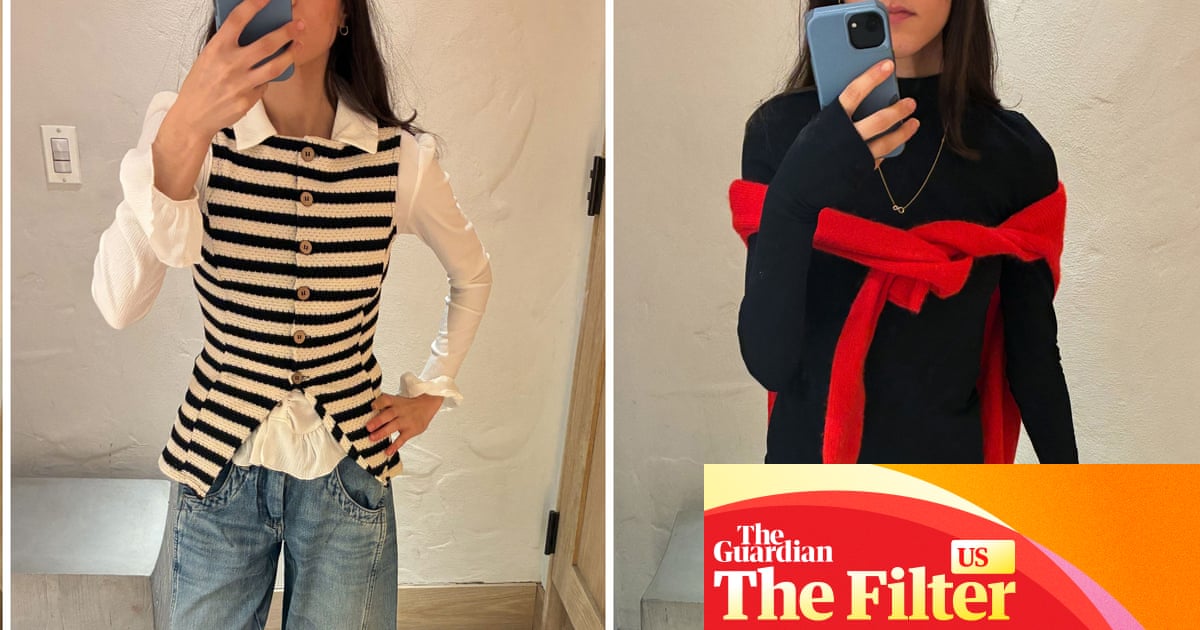My daughter, aged nearly 50, lives in a pleasant cul-de-sac of privately owned houses. Her front garden is the only one in it that, frankly, looks a mess. The grass is never cut because she says it’s eco-friendly and has wild flowers. (Mainly dandelions and three prized wild orchids.) It’s a very small garden and is crammed with untended bushes, fruit trees and a central tree that takes all the light from her sitting room. Recently, she’s been given five large fruit bushes in pots, which straggle over the path. I would be very disappointed if I had such an eyesore next door to me.
She’s a single mum with two sons who have recently left school, but she won’t let them tidy up her garden. We live three hours away, but always feel ashamed when we visit and push our way up the overgrown path. Does it matter or are we just pernickety old folk with outdated views? I’d appreciate another opinion.
I think you’ll get a lot of other opinions below this column. Whenever someone says or does something that on the face of it seems unhelpful, I always think: “What is the motivation here?” And I do believe your motivation is one of caring for your daughter. Maybe it’s easier to say you’re worried about her by focusing those worries horticulturally, but there are a fair number of loaded words in your letter: “privately owned”,“the only one”, “prized”, “disappointed”, “single mum”, “ashamed”. I wonder if your daughter feels this judgment too. What are you really worried about?
What’s her house like? How does she run her life? Are her sons, your grandsons, well cared for? I ask not to heap more judgment on to her – or you – but to see if she is depressed or needs help. Or whether this really is just about a messy garden.
Your daughter is right that gardens can be a wildlife haven and, of course, if it works for her then … it works.
UK registered psychotherapist Katherine Cavallo wondered if “there were different generational meanings attached to the garden? To you a well-kept garden may be a sign of being a respectful neighbour, or even an indicator of success and social standing in the local community. However, it sounds as though your daughter sees things differently. Her garden may be a means of expressing her values, identity or political views; she may feel she is consciously doing her part to protect the planet by creating a place for biodiversity. As a lone parent, her garden may not be a top priority, and she may have limited resources to devote to it.” I think the word priority is key here – what matters to you? It may not matter so much to her, and vice versa.
If your grandsons have left school, they may soon be leaving home, and Cavallo wonders if “your concern – which may be felt as criticism, and could result in your daughter withdrawing further from you – could instead be turned into openness and curiosity to generate a different pattern of communication, one where your daughter may feel more able to voice her feelings. As she approaches a transition in her life with her children on the point of leaving home (or, at least, a next stage), what are her hopes and dreams for the independence this will bring her? And how will her garden fit into this? If she were able to enjoy the space more, what might that look like?”
Curiosity is always a better key into places than criticism.
I’m going to suggest a little exercise that helps me and may help you to work out what this is really about: I call it corkscrewing. You think of what’s causing you angst then you “corkscrew” down to try to work out what it’s really about, at each stage asking yourself about the feelings it brings up and what it makes you think about. You then go further down into that emotion/feeling and explore what else it brings up. This takes time, thought and reflection, but you know when you’ve got to the “hot emotion” – what’s really upsetting you – because you either go “that’s it” or it makes you upset.
after newsletter promotion
Maybe it really is just about the garden, in which case you can let this go. But my feeling is that it’s about something else – and only then can you see what really needs weeding out.
Every week, Annalisa Barbieri addresses a personal problem sent in by a reader. If you would like advice from Annalisa, please send your problem to [email protected]. Annalisa regrets she cannot enter into personal correspondence. Submissions are subject to our terms and conditions. The latest series of
Annalisa’s podcast is available here.

 3 months ago
85
3 months ago
85

















































